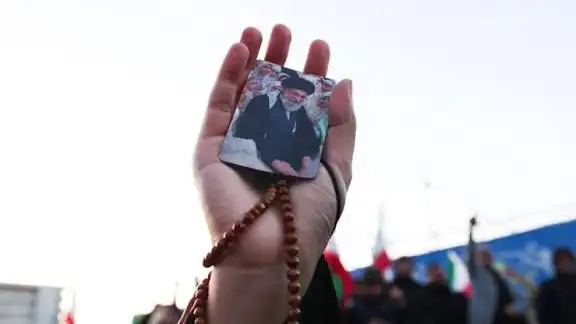In recent months, Bulgaria has witnessed a surge in public demonstrations opposing the government’s plans to adopt the euro, with protesters demanding a national referendum on the issue. The movement has been particularly prominent in Sofia, where thousands have gathered to voice their concerns.
On May 31, 2025, a significant protest took place in Sofia, organized by the ultranationalist Revival Party and various civic groups. Demonstrators marched through the capital, chanting slogans such as “Freedom for the Bulgarian lev” and “The future belongs to sovereign states.” A large banner displayed the message, “The battle for the Bulgarian lev is the last battle for Bulgaria.” The protesters expressed fears that adopting the euro would lead to price increases and a loss of national identity.
Earlier, on February 22, 2025, approximately 1,000 supporters of the Revival Party attempted to storm the European Union mission building in Sofia. The protest turned violent, with demonstrators throwing red paint, firecrackers, and Molotov cocktails at the EU building, resulting in injuries to several police officers and leading to multiple arrests. The protesters burned effigies of European officials and waved various flags, expressing concerns over losing financial independence and fearing price increases similar to those experienced by Croatia in 2023.
Public opinion surveys have shown a divided stance among Bulgarians regarding euro adoption. A poll conducted in early 2025 revealed that about 57% of Bulgarians are against adopting the euro, while only 26% support joining the eurozone next year. The survey indicated that 41.4% of respondents believe the euro should never be adopted, and 30.8% prefer a delayed adoption, with just 25.7% in favor of adopting it as of January 1, 2026.
In response to the growing opposition, President Rumen Radev proposed holding a national referendum on the euro adoption. However, this proposal was rejected by the pro-European majority in parliament, which accused Radev of acting in favor of Moscow and attempting to sabotage the euro adoption process.
Despite the protests and political challenges, the Bulgarian government remains committed to adopting the euro. In June 2025, the European Commission and the European Central Bank approved Bulgaria’s entry into the eurozone, with plans to adopt the euro on January 1, 2026. This decision was based on Bulgaria meeting the necessary convergence criteria, including price stability, sound public finances, exchange rate stability, and long-term interest rates within the reference values.
The ongoing protests highlight the deep-seated concerns among a significant portion of the Bulgarian population regarding the potential economic and cultural implications of adopting the euro. As the adoption date approaches, it remains to be seen how the government will address these concerns and whether further demonstrations will occur.












I think its crucial for citizens to have a say in major decisions like adopting the euro. Referendum all the way!
Who cares about the euro, lets talk about the real issues in Bulgaria – like corruption and poverty! #Priorities
Shouldnt we let the people decide? Referendum sounds fair to me. Euro adoption is a big deal! 🤔💸
I think its great to see people standing up for what they believe in. Democracy at its finest! #PowerToThePeople
Shouldnt the people have a say in such a big decision? Lets hear what the Bulgarians have to say! 🇧🇬 #Referendum
Is it just me or does anyone else think a national referendum on the euro adoption in Bulgaria is a must?
Do Bulgarians have a right to decide their currency fate? Lets discuss the power of a national referendum in shaping economic policies.